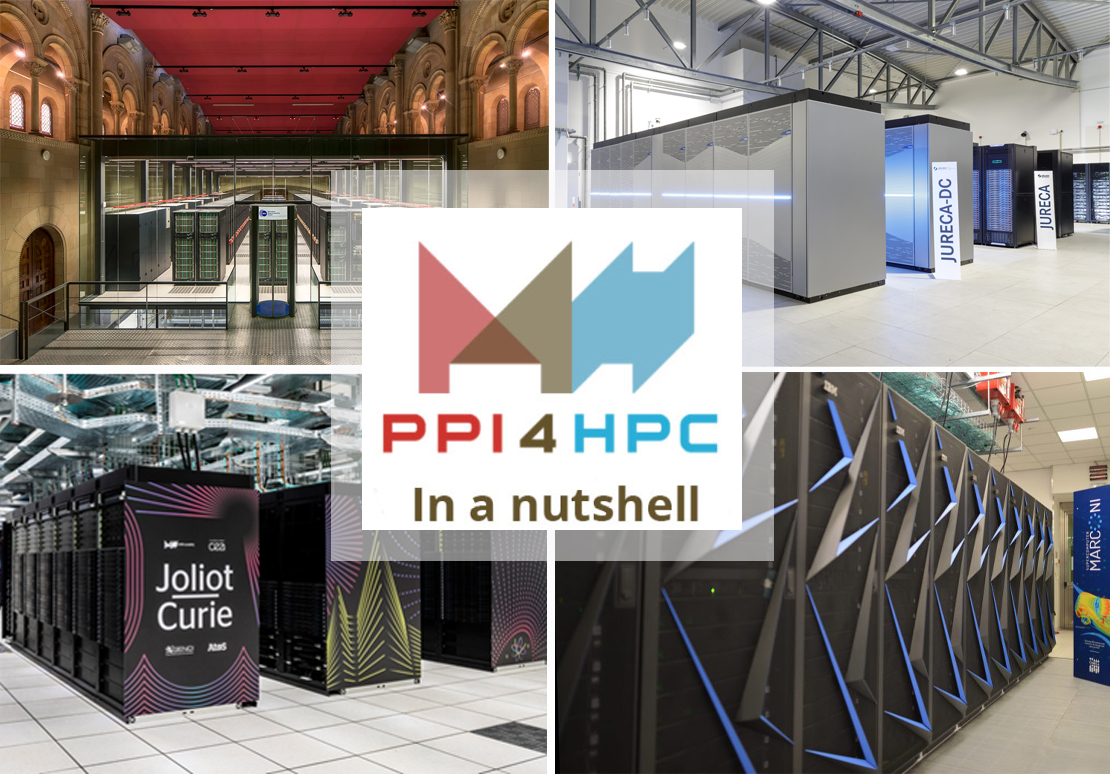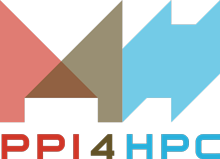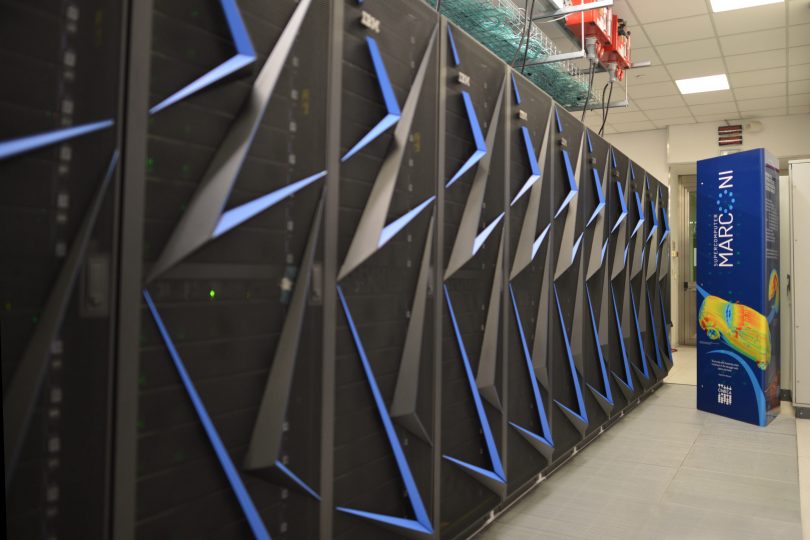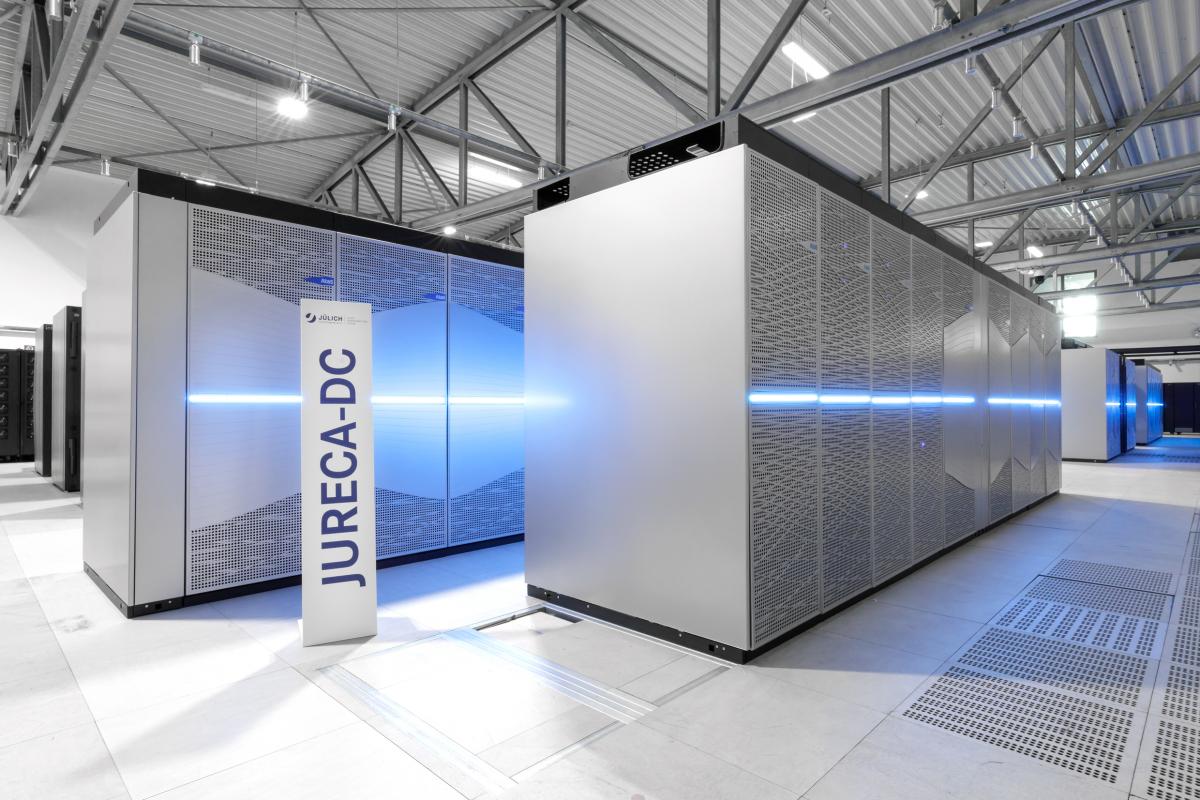Bringing computing services to the next level of research excellence

 A little bit of background
A little bit of background
The European Commission stresses the need for building an European Data Infrastructure including high-end supercomputers, which will reach around 2022 a much more advanced performance level. In the PPI4HPC project, a group of leading European supercomputing centres established the formation of a buyers group to run a joint Public Procurement of Innovative Solutions (PPI) in the area of high-performance computing (HPC).
 The team behind the work
The team behind the work
The involved HPC centres, namely BSC, CEA/GENCI, CINECA and JUELICH, have a strong track record in providing supercomputing resources at the European level and are founding and active members of the Partnership for Advanced Computing in Europe (PRACE).
 The process
The process
The joint procurement, led by GENCI as lead procurer, was organised in four independent lots leading to the awarding of contracts for systems deployed at four different European research sites. These systems include innovative high-performance supercomputers and storage system for science and engineering applications.
 The benefits
The benefits
PPI4HPC helps to significantly enhance the planned pre-exascale HPC infrastructure and sets an example for joint European investments in the future.
- More innovative supercomputing resources for science and engineering applications in Europe
- Strengthened European research and development on HPC technologies
- Innovation in the design of the solutions needed by scientists and engineers in Europe
 Procured systems
Procured systems
Click on each system below to find out more about its characteristics and ways of access.




